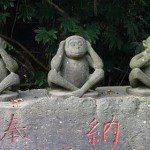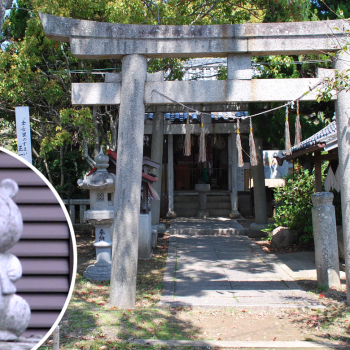![Candles at Fushimi Inari shrine, Kyoto. By 大阪 (Own work) [GFDL (http://www.gnu.org/copyleft/fdl.html) or CC BY-SA 3.0 (http://creativecommons.org/licenses/by-sa/3.0)], via Wikimedia Commons](https://wp-media.patheos.com/blogs/sites/632/2016/01/inari05-300x224.jpg)
I think it’s fair to say that in Japan, Inari is feared as well as revered. I’ve met some Japanese who won’t pray at Inari shrines because they fear Inari might curse them if they upset Him.
The fact that Inari is associated with shape-shifting trickster foxes, in addition to Her connection with the fearful deity Dakiniten, is almost certainly part of the reason why Inari is considered “creepy” or “scary” by many Japanese. But I also think that it shows how much power Inari is considered to have. Anything powerful can be dangerous, and Inari, who rules over nature, food and money, has the power to give life and take life away. In my personal experience, I do not find Inari scary. Certainly She is powerful, and I’ve not doubts that He will show his displeasure to those who deliberately disrespect Her, but for the most part I think Inari prefers to help those who reach out to Him rather than punish those who anger Her. If that were not the case, why would so many Japanese still seek His favour?
















